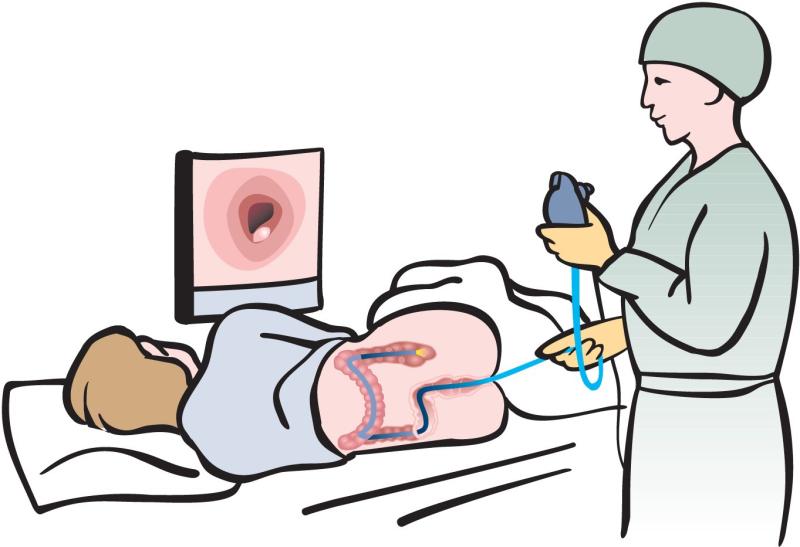
Early colonoscopy in patients with acute lower gastrointestinal bleeding (ALGIB) does not seem to improve the detection of stigmata of recent haemorrhage (SRH), a recent study has found.
Researchers randomly assigned 170 ALGIB patients to receive either early colonoscopy (within 24 hours of initial visit; n=76; mean age, 68.8±12.8 years; 65.8 percent male) or elective colonoscopy (24–96 hours after admission; n=80; mean age, 71.9±12.3 years; 67.5 percent male). The primary outcome was SRH detection, while rebleeding within 30 days was set as a secondary outcome.
SRH was detected in 17 patients in both the early and elective colonoscopy groups. The resulting detection rates were 21.5 percent and 21.3 percent, respectively (difference, 0.3, 95 percent confidence interval [CI], –12.5 to 13.0; p=0.967). SRH identification was rare beyond 36 hours and the final lesion was detected at 44 hours.
Rebleeding within 30 days was reported in 11 patients in the early colonoscopy group, and in five in the elective colonoscopy arm. The corresponding rates were 15.3 percent and 6.7 percent (difference, 8.6, 95 percent CI, –1.4 to 18.7).
Fifteen patients from both groups underwent endoscopic treatment, though one participant from the early colonoscopy arm was excluded due to an unsuccessful procedure. In these patients, 30-day rebleeding occurred in 14.3 percent of the early group and 16.7 percent of the elective group.
“We hypothesized that identification of SRH would enable clinicians to perform accurate haemostasis with reduced risk of rebleeding. However, our results showed no beneficial effect of early colonoscopy to achieve diagnosis, haemostasis or reduce rebleeding rate,” said researchers.